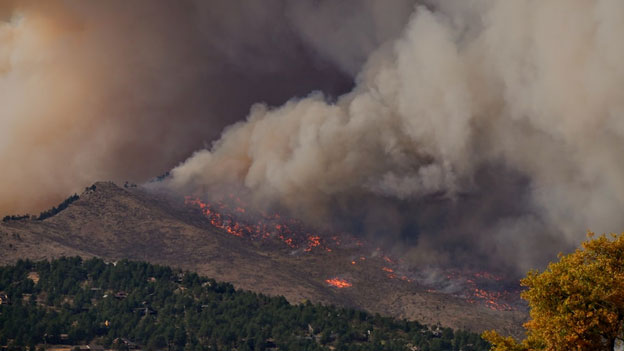What Are the Effects of Climate Change on Agriculture?
Climate change refers to any major change in the climate system that lasts over a long period of time, or a decade. In simple terms, climate change includes major changes in the temperature, haste, or wind patterns that occur over decades. Global warming has accelerated in recent years, majorly due to an increase in the concentration of greenhouse gases in the atmosphere.
Climate change and agriculture are two global phenomena that are inextricably linked. Changes in average temperatures, rainfall, and climatic extremes (e.g., heat waves), pests and illnesses, atmospheric carbon dioxide and ground-level ozone concentrations, nutritional content of certain foods, and sea level all have an influence on farming. There has been major effects of climate change on agriculture, but the consequences are unevenly distributed over the world.
Farmers and agricultural communities throughout the world will face greater challenges as our climate continues to rise and the effects of that warming become more frequent and severe. Food is generated, stored, processed, packed, delivered, cooked, and served before it reaches our plates. Every stage of the food supply emits greenhouse gases into the environment.
Impact on Crops
Climate change has major effects on the agriculture of crops. Agricultural production is sensitive to climate change, and climate change associated with increased temperatures, increased CO2, and changing precipitation patterns can result in significant declines in agricultural production. Extreme weather events such as droughts, extreme heat waves, and heavy rains, including floods, have also increased recently, which has caused a major impact on crop production.
The effect of higher temperatures on each given crop will be determined by the crop's ideal temperature for growth and reproduction. Warming may benefit the sorts of crops that are traditionally cultivated in some locations, or farmers may be able to move to crops that are now produced in warmer areas. In contrast, if the higher temperature exceeds a crop's ideal temperature, yields will fall.
Impact on Livestock
Livestock plays an important role in developing countries' agricultural sectors, accounting for 40% of agricultural GDP. Livestock production is the world’s dominant land use, covering about 45% of the Earth’s land surface, and much of it in harsh and variable environments that are unsuitable for other purposes. Climate change can impact the amount and quality of produce, the reliability of production, and the natural resource base on which livestock production depends. Climate is an important factor of agricultural productivity and climate change is expected to severely impact livestock production systems.



